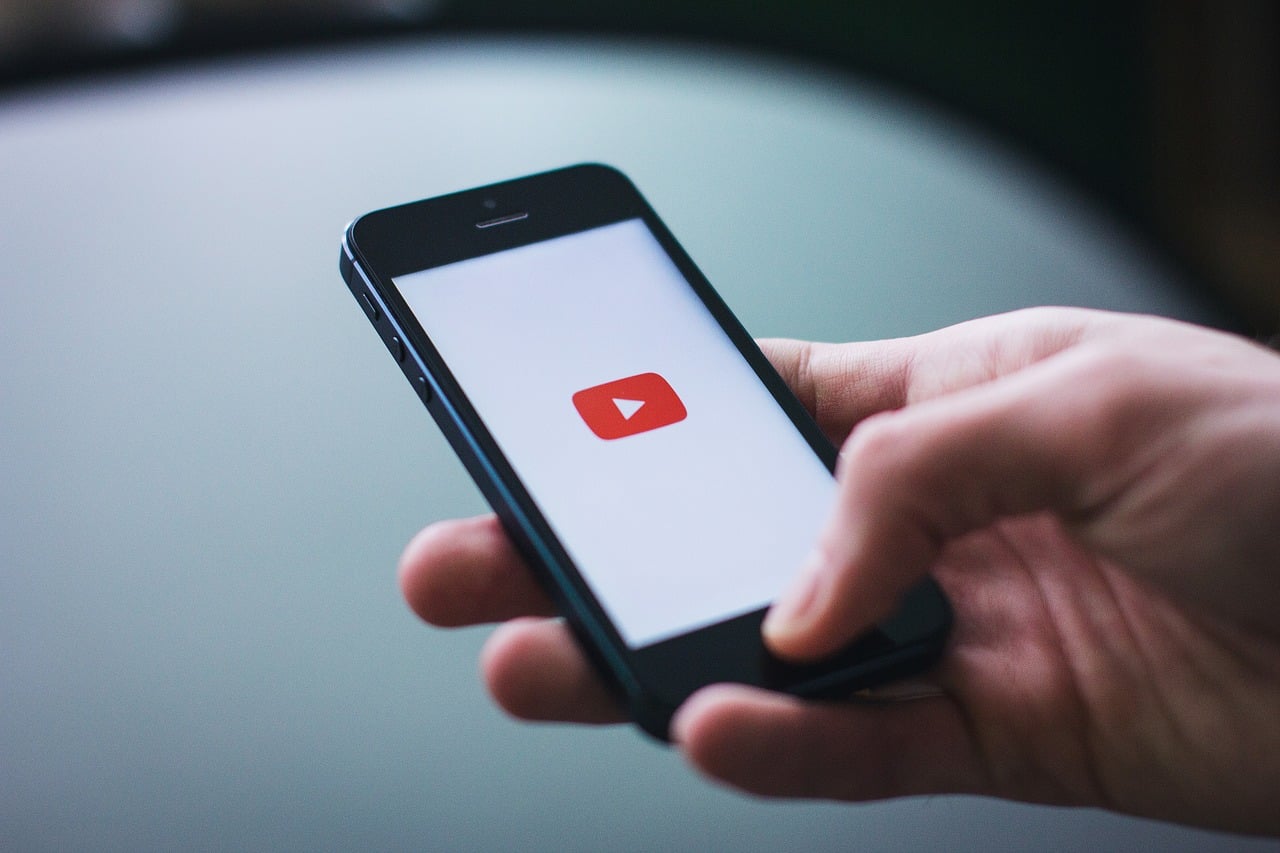5G phones will be a reality soon, but it is known that 5G Android phones would hit the markets well before a 5G iPhone. Even though Apple is seen as an innovative company, it appears to be in no hurry when it comes to adopting 5G. Apple’s laid-back attitude could at least partially be attributed to its focus on profit.
5G Android phones to come soon
We have already heard of several 5G Android phones in the works. For instance, the Moto Z3 will support the 5G once Verizon rolls it out. Also, Sprint will possibly debut the first true 5G handset early next year. However, a 5G iPhone is not expected to debut until September 2020. An Apple 5G iPhone would reportedly include Apple’s own 5G modems.
Initially, it was thought that the 5G speeds would be 25% to 50% faster than the 4G LTE speeds, but going forward, it would be 10 to 20 times faster than the 4G, as per T-Mobile. Despite this, Apple seems to be in no hurry to launch a 5G iPhone. A question that naturally arises is – why is Apple delaying things?
Many might believe that Apple is waiting for the full roll-out of the 5G technology before releasing a 5G iPhone, or that it wants to wait for the 5G to work properly. However, the latest report suggests that Apple’s decision might be inspired by a financial concern. And that financial concern could be the licensing fees for the 5G technology.
High licensing fees
In June, the international 5G standards were revealed, outlining what the 5G networks and the supported hardware would look like. The tech companies that contributed to the 5G development – including Qualcomm, Huawei, Ericsson, Samsung and Nokia – are allowed to license their research in exchange. In simple words, it means that the smartphone makers like Apple will need to pay a small fee per device sold for using the 5G related patents.
On Wednesday, the involved tech companies also announced a flat licensing fee per device, according to VentureBeat. For instance, Nokia has a flat rate of €3 ($3.48) per device, while Ericsson will charge between $2.50 to $5 per device based on the smartphone’s price.
Qualcomm will charge 2.275% of a single-mode 5G handset’s wholesale price, and 3.25% of a multimode 5G handset’s price. Though it is higher than what the other companies are charging, Qualcomm has dropped the capped handset price from $500 to $400, thus lowering the top fee per handset.
In all, charges from Nokia, Ericsson and Qualcomm together could amount to more than $21 per device. However, many other companies involved in the 5G standard are yet to disclose their fees. Huawei, for instance, has yet to reveal its fees, but it did say earlier of reducing licensing fees as much as possible.
In June, Huawei’s rotating chairman Eric Xu noted that the company would follow the FRAND principle (fair, reasonable and non-discriminatory).
“5G patent holders should ensure their cumulative licensing rates are lower and more transparent that 4G,” he said at the time.
So, the final licensing fee for the 5G is expected to be much higher than the $21. It is not known how much Apple pays for the 4G, but licensing 5G would be much higher. According to VentureBeat, the average cost of licensing 4G devices is $9.60.
5G iPhone – What is Apple thinking?
Possibly, for Apple, this extra cost in the form of the licensing fees – not to mention the cost of adding 5G components – may not be worth it yet. With smartphone sales declining, Apple would need to make more money on each handset, and thus, by delaying a 5G iPhone, it would want to save on that cost. The longer Apple can hold out launching a 5G iPhone, the bigger its profit margin will be.
Also, one more reason why Apple may be delaying a 5G iPhone may have to do with its spat with Qualcomm. Apple is in a legal tussle with Qualcomm, which has heavily invested in 5G and would reportedly get a large part of the licensing cost. Apple and Qualcomm have been waging a court battle over 3G and 4G patent fees for years.
The licensing fee is not a recent concept. In fact, phone makers have been paying this fee for the 4G LTE patents for about a decade now. Also, it is to be paid no matter whose modem you are using in the smartphone. Apple adopted a similar strategy with the 4G LTE. Though it was not among the first to launch a 4G LTE, when it finally did come up with a 4G handset it was happily embraced by the buyers.
So, Apple appears to be confident of the same response from the buyers this time as well.





